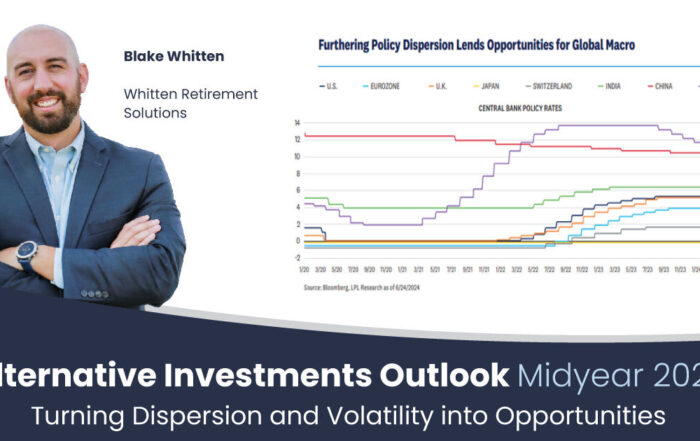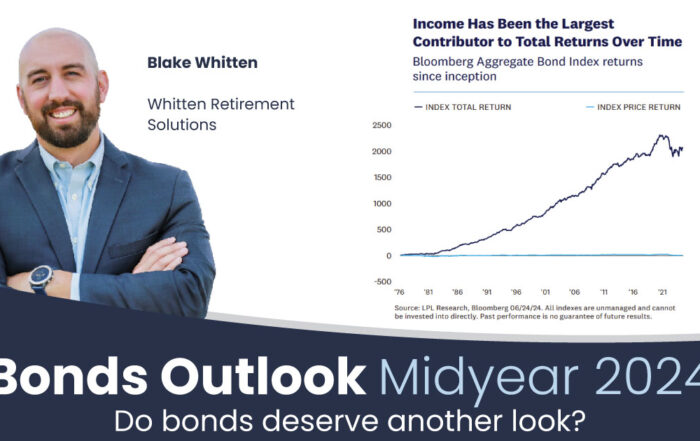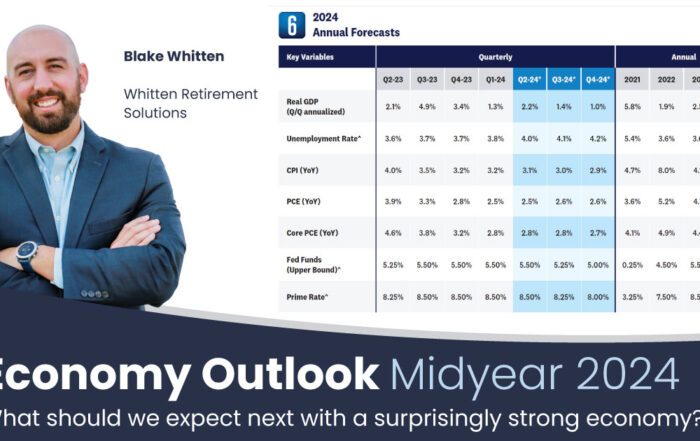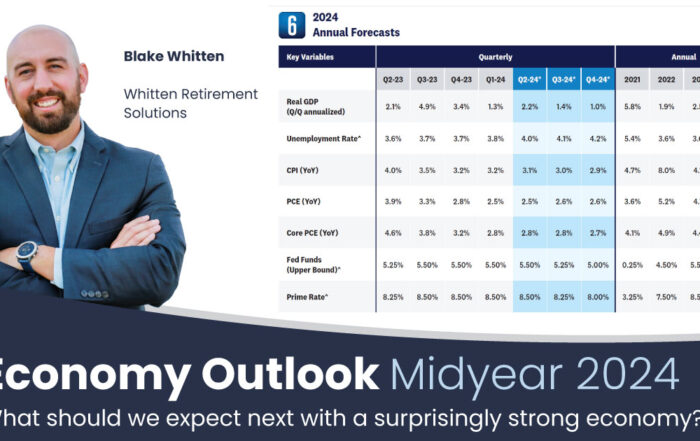🌍 As financial professionals, we focus on long-term preparations, and that mindset often extends beyond finances.
The world is making progress toward sustainability, and the numbers tell an interesting story:
🌱 Over 157 million trees have been planted under Canada's 2 Billion Trees Program as of 2024, with agreements to plant 716 million trees either signed or in negotiation, according to a November 2024 update from Woodworking Network.
☀️ Global solar power capacity additions surged by 74% in 2023, reaching a record 346 GW of new installations, Ember reported in May 2024. Solar accounted for three-quarters of all renewable capacity added worldwide in 2023.
💧 The Ocean Cleanup has removed over 10,000 tons of plastic waste from oceans and rivers worldwide as of April 2024. In the Great Pacific Garbage Patch alone, they removed more than 450 tons of trash over the past three years.
These milestones highlight the power of innovation, investment, and collective effort. Small steps, taken over time, can lead to lasting impact—whether in financial preparations or environmental progress.
Today we recognize the advancements being made and the continued role we all play in shaping a more sustainable future. 🌍
#EarthDay2025 #Sustainability #GreenFuture
... See MoreSee Less
Wishing you a joyful and blessed Easter!
Easter is a time of renewal, hope, and gratitude—a reminder of new beginnings and the blessings that surround us. May your day be filled with peace, love, and time with those who matter most.
#happyeaster
... See MoreSee Less
College acceptances are rolling in! 🎓
But what’s the true cost of higher education? It goes far beyond tuition.
Many families don’t realize that room and board, travel, books, and ad hoc expenses (think ride-shares and late-night food delivery) can add $10- $20k!
Here are some things we suggest our clients look out for: 👇
📌 Financial Aid Isn’t Always Clear – Award letters vary, making comparisons tricky. Knowing how to analyze and appeal aid can make a big difference.
📌 Not All Loans Are Equal – Federal loans can have lower rates (6.53% for undergrads in 2024-25). Parent PLUS Loans come with 9.08% interest and are the parent's responsibility. Understanding the options is key.
📌 529 Plans Require Smart Withdrawals – Timing matters. Missteps can lead to unexpected taxes and penalties.
A 529 plan is a tax-advantaged college savings plan. Before choosing a plan, it's important to consider not only the state tax treatment but also any associated fees and expenses. Availability of a state tax deduction will depend on your state of residence, as state tax laws and treatment may vary from federal tax laws. If you make nonqualified distributions, earnings will be subject to income tax and a 10% federal penalty tax.
📌 College Rankings Aren’t Everything – Prestige fades, but career success can ultimately depend more on a student’s major, experience, and skill set than the name on the diploma.
If you’d like to review your college saving strategy, feel free to message us. 🎓 📊
#CollegePrep #FinancialStrategy #EducationFunding
... See MoreSee Less
With taxes top of most people’s minds…
Have you ever wondered how long you should keep your tax records?
According to the IRS, here are the guidelines:
3️⃣ Basic tax records: Keep for 3 years after filing
4️⃣ Employment tax records: At least 4 years
6️⃣ Unreported income documents: 6 years if over 25% of gross income
7️⃣ Loss from securities: 7 years
♾️ Some records (like property-related documents): Keep until you dispose of the asset
Before discarding any records, check if other entities (like insurance companies or creditors) require them for longer periods.
Remember, the IRS is providing this information as a general guideline. Consult with your tax, legal, or accounting professional before changing any of your record-keeping SOPs.
#TaxTips #FinancialOrganization #RecordKeeping
... See MoreSee Less
Thinking about starting a consulting business when you retire? 💼 ➡️ 🏖️
You’re not alone…
Some retirees are leveraging their expertise to launch consulting businesses, but it’s not as simple as it seems.
According to a 2024 article in The Wall Street Journal, transitioning into consulting requires more than experience—it requires careful preparation, market awareness, and a clear value proposition.
Key takeaways from the article:
👉 Start preparations before retirement
👉 Begin part-time while still working
👉 Proactively maintain and nurture industry connections
👉 Leverage your professional network
Remember: A successful retirement isn't just about leaving work—it's about moving toward what excites you next. Consulting is an excellent option for some retirees!
#Retirement #SecondAct #CareerTransition #Strategy
... See MoreSee Less

















0 CommentsComment on Facebook